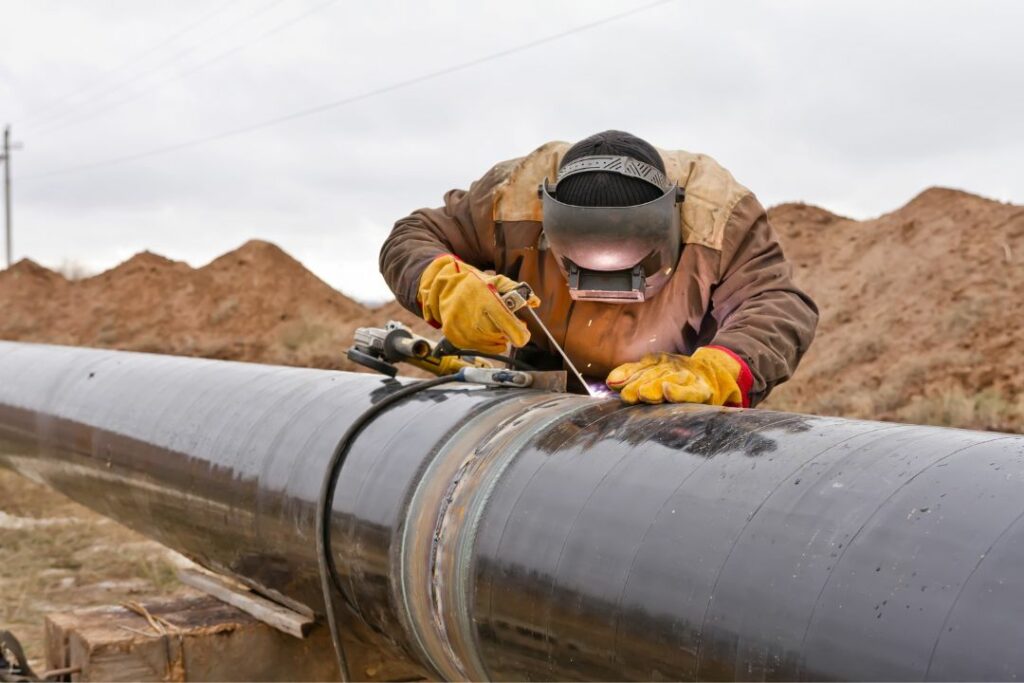
There’s a complex web of pipelines running beneath any society. These pipelines are critical to the power generation industry because they’re the best way to consistently and effectively deliver water and energy to our homes. You’ve probably not thought much about it whenever you turn on your sink or flip the light switch, but these pipelines work day and night to provide us with these modern utilities. For that reason, regular pipeline maintenance is important and should never go neglected. Allow us to show you why.
Pipelines in Society
So much of our society relies on pipelines to function. They transport water, energy, sewage, crude oil, petroleum, natural gas, and more. These pipelines are constantly in use and function at incredibly high pressures. As a result, the flow of substances can’t halt for maintenance, so it’s all too easy to bury and forget about the pipes until they finally give out and burst.
Using pipelines isn’t only the most efficient method of transporting these critical resources; they’re also the most environmentally friendly. Hence, it’s in our best interest to ensure we care for them well.
What Happens if Pipelines Are Neglected
When neglected, the pipelines will deteriorate over time from the stresses of high pressure and age and external factors like environmental damage. If a pipeline cracks, rust and corrosion can take root and contaminate its contents.
Furthermore, as the pipelines weaken, there’s a serious risk of explosion, on top of the potential for service disruption. The explosion can occur either from too much pressure in a weakened pipe or leaking oil or gas getting too close to a heat source. This is obviously incredibly dangerous if it occurs in an urban area, thus highlighting the importance of regular pipeline maintenance.
The Pipeline Maintenance Process
Taking the time to have the pipelines inspected and repaired is the best preventative measure against larger, more costly damages. Expert pipeline repair services use a technique like hot or wet tapping to isolate a part of the pipeline. These techniques accomplish this by redirecting the flow of energy and other substances so as not to disrupt service. Then, after the isolation of the damaged section, repair or replacement can take place with much more ease.


